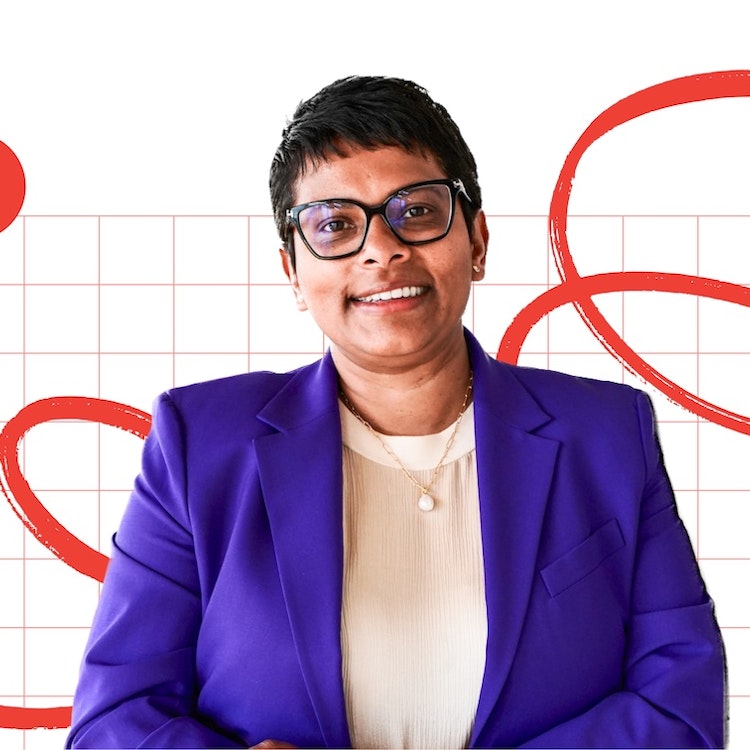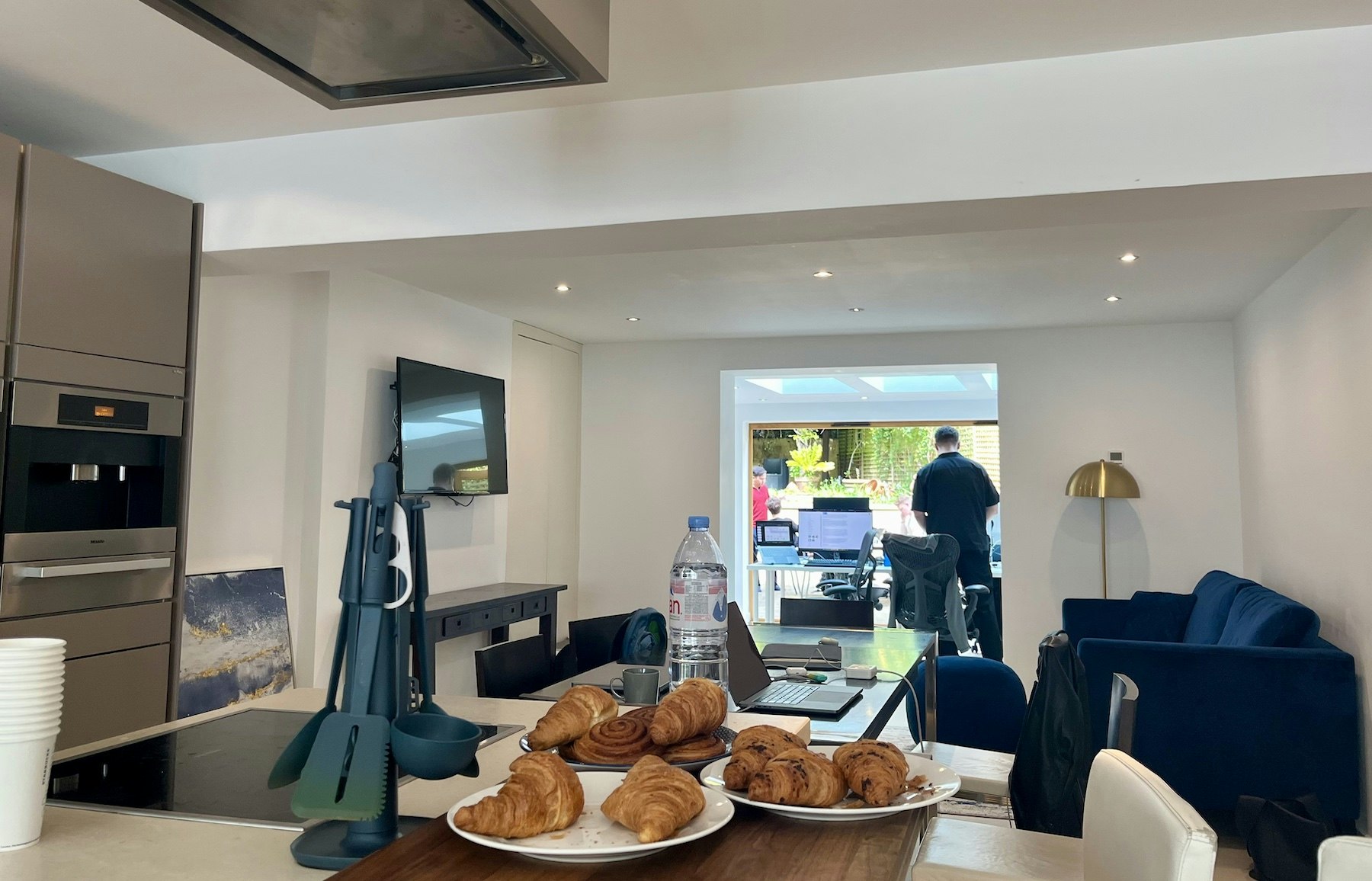Hiring a chief product officer can take up to eight months and be a costly process. That’s why it’s important to know whether you actually need a CPO before you even start trying to hire one.
Anna Kuriakose, CPO at SumUp, which offers a card reader for small businesses, has led product divisions for many companies — most recently at Meta, where she was the product director for Messenger. Below, she gives her top tips for assessing when it's the right time to hire a CPO and what to look for in a candidate.
Assess whether you actually need a CPO
Often, early-stage companies will obsess over hiring a CPO for the sake of the title, when they don’t really need one. In the beginning, the founders drive product to explore and experiment their way to product-market fit (PMF). Once PMF is achieved — and perhaps a funding round is secured — the team needs to grow and a leader will need to be hired. That person doesn’t necessarily need to be a CPO; a head of product or VP of product might be more helpful and flexible for the early stages.
Good indicators that a startup needs to hire a full-time CPO are:
- Team size: Having two or three product managers and 15-20 engineers is often the threshold where a founder may find it hard to manage product part-time.
- Complexity of the product: Some products are either multi-faceted (eg. marketplaces) or operate in complex, highly regulated or legacy sectors (eg. fintech). They require different strands of product development to run in parallel and then come together at the right point. This takes hands-on leadership and will warrant hiring a product leader earlier than in the case of simpler products.
- When disruptive thinking is required. In some cases, the founding vision of the startup may have to pivot to suit the market and propel it toward future growth. Hiring the right product leader could help bring a fresh perspective and catalyse this shift.
Be clear on what you want
Make sure that you are crystal clear when hiring a CPO on the responsibilities you want this person to have before you contact them (candidates can tell instantly when you have no idea why you’re hiring a CPO or what you want them to do). Often early-stage CPOs will need to:
- Get hands on with what's currently being worked on and improve aspects of product planning, execution and delivery;
- Evaluate the composition and abilities of the existing team, upskill them and hire new people;
- Elaborate on existing product strategy or renew it (if there are upcoming funding milestones, the CPO will have to articulate the strategy and roadmap to investors);
- Partner with sales/growth/commercial teams on go-to market plans (this is very common in the case of B2B products with sales teams).
Lean on your board members or advisors to quiz you on these aspects to make sure you’re hiring for the right skills and responsibilities.
How to find potential candidates
There are many ways companies can hire CPOs: aside from in-house recruiters, VC firms tend to have talent teams that help scout for good profiles, and some companies use executive recruiters (though these can be costly). Founders can also try to reach specific people on LinkedIn — even the most experienced candidates will be open to receiving messages from early-stage companies, especially if they are passionate about the industry you’re in.
Hire for communication and team-building skills
At the CPO stage, the interview process should focus less on a candidate’s technical skills and more on their ability to lead a team, work well with other functions (the product team is usually intertwined with technology, user experience and business teams, among others) and provide fresh perspective. Look for someone who's a natural communicator and problem solver who's open to new ideas. A product is an ever-evolving thing and requires fresh thinking to help it grow and continue to serve customers.
Questions I would ask in an interview would be: Describe a time where something went wrong and how you handled it? And, how did you resolve a significant conflict between yourself and another colleague?
Be authentic in your pitch
Make sure you are clear about what your company is trying to achieve, what your vision for the product is and the situation your company is in (what stage of product development are you at? What challenges are you facing?). Don’t oversell yourself, reeling off the classic startup line that you're changing the world, as this will come off as inauthentic. Instead, tap into that person’s passion for the role and industry, and explain how they could make a real impact.
Also, be honest about your approach to diversity and inclusion within your organisation, and explain where your company is at in terms of hiring diverse profiles. Candidates increasingly want to work for companies that have an openness to creating inclusive organisations.
On the subject of... hiring a CPO
CPO hiring 101. Facebook’s VP of product Nikhyl Singhal gives his top tips for when to hire a CPO, what to look for in candidates and major pitfalls to avoid.
How do you know if a candidate is a good fit? US VC Andreessen Horowitz lays out some key questions to ask in an interview.
Maybe you need a CPTO. In some cases, a combined product and technology leader in the C-suite can help startups create better products and streamline decision-making.



